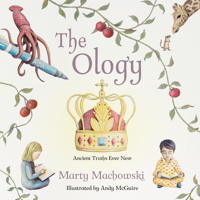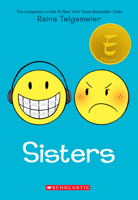World War I: 1914-1916: A Terrible New Warfare Begins
Select Format
Select Condition 
You Might Also Enjoy
Book Overview
This compelling book follows the events of the first few years of World War I. After the assassination of Austro-Hungarian Archduke Franz Ferdinand, war was declared by Europe's five great powers. Readers will learn that, although it was a European war, the fighting spread outward to the colonies of the countries involved. Colonies also had to supply forces for European battles. Opposing countries, equally matched in fighting power, relied on naval and U-boat, or submarine, blockades, and dug in for a new kind of long-term fighting called trench warfare. Find out what life was like for soldiers in the trenches at such famous battles as Ypres - where deadly mustard gas was first used - Verdun, the Somme, and Gallipoli.
Format:Hardcover
Language:English
ISBN:0778703258
ISBN13:9780778703259
Release Date:March 2014
Publisher:Crabtree Classics
Length:48 Pages
Weight:1.00 lbs.
Dimensions:0.3" x 8.7" x 10.9"
Age Range:10 to 14 years
Grade Range:Grades 5 to 9
Related Subjects
Language ArtsMore by Jane H. Gould
Customer Reviews
2 customer ratings | 2 reviews
There are currently no reviews. Be the first to review this work.























































